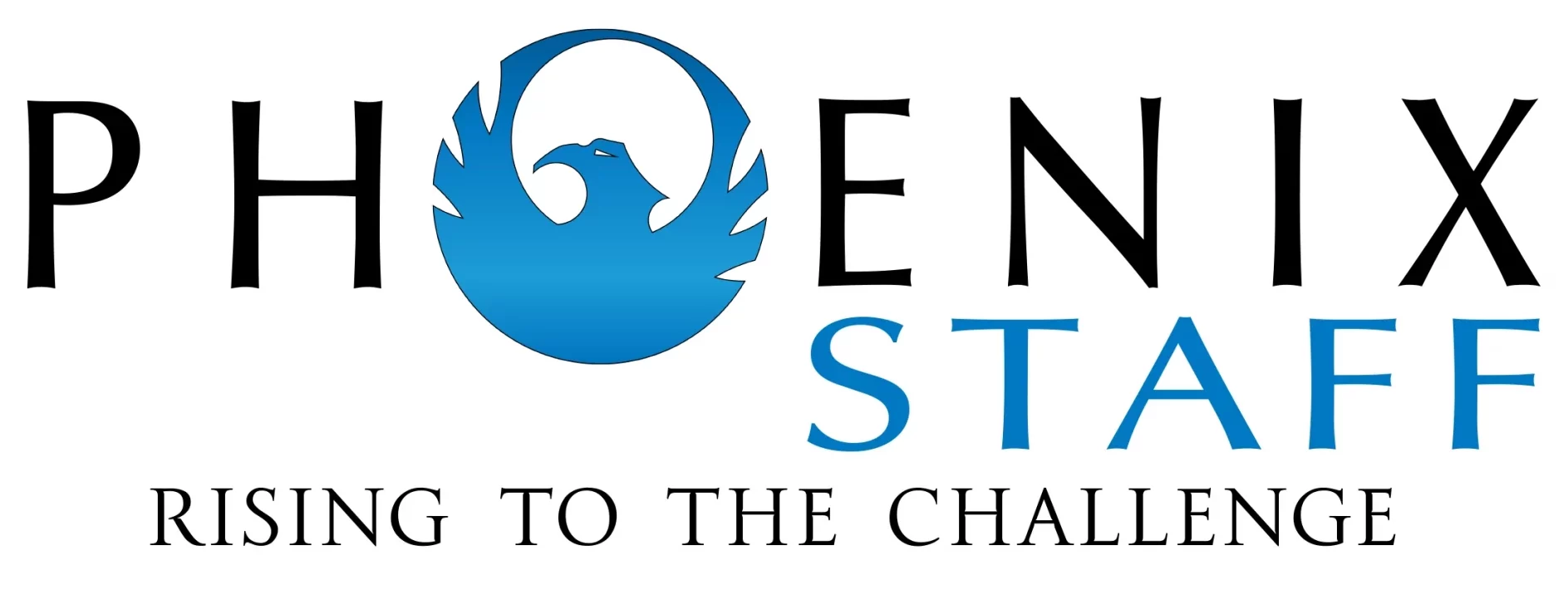During a conversation with someone the other day about interviewing and resume writing, it came up that “everyone inflates the truth” in both. I thought it odd to suggest that everyone does it though I would certainly be naïve to think it doesn’t happen at all either. I cannot (and won’t any longer) say that your entire resume is a lie, but this conversation did elicit the question of how fictitious is the whole hiring dance anyway?
I don’t know the percentages – someone out there who earned a grant to research this subject can feel free to comment below – but my assumption is that when you write a resume, you inherently want to appear better than you are. Do we do this 1% of the time, 24%, 70% when go through the hiring process? It happens and it doesn’t seem to be disappearing.
Lest I appear one-sided, there are challenges on the other side as well. You will soon see an article about how job descriptions are also flawed.
Let’s focus on one side of the table though, the applicant. The process goes something like this, you see a job description that is “as if it was written specifically for you” (please reference this article as to why you should NEVER say that again) and you fire off your resume. Here are a few challenges with this right off the bat:
1. Did you research the company? When people hear a job description that they get so enamored with they sometimes forget to do this altogether. Having done some research on the company you are applying to and then using that research to bolster your chances or determine whether the job is still a fit for you is an important aspect of the search process. If you apply and know nothing about them, what they do, how you can benefit them in what they do or where you may be an even more ideal match, you automatically lessen your odds of getting a call back.
2. Moving too quickly is not always your best bet. Maybe you know someone who works there, know someone who knows someone who works there or could get an introduction through a friend and move your background to the top of the resume pile given the right influencer helping shepherd you through the process. Rather than applying through the same channels everyone else is applying, reach out to those people and see if you have a more direct “way in”.
3. You only just learned that nobody should ever say “This job description was written for me”, but you thought that was okay prior to reading this article. You took that confident attitude and fired off your resume. Just a matter of time before an offer comes your way, right? Only 1 problem – you left your resume as is. You didn’t change it to align with this perfectly written job description because you assumed whoever reads it (probably an automated system) will easily see the alignment. There’s a lot to unpack here, but suffice to say that 1/one/uno version of your resume does not a “career search” make. If you are actively searching – be ACTIVE, be deliberate and make your resume align with the roles that you apply to. Nobody knows your background better than you. You need to articulate this in a way that draws attention to the parallels you see in their job description and showcases how you have already done what they are asking this new hire to do. If you leave it to interpretation, you will not likely see a request for interview. Don’t lie on your resume, but if they are looking for a skill that you have, and didn’t put it on your resume because you didn’t think it would be important ever again, add it back before you apply. For more help on resume writing, see this great article from Jessica Hernandez.
The primary goal of this initial step is to get a call for a phone or in-person meeting. We all know that your resume has what it has – given the chance to tell your story to a live person will help tip the balance in your favor. Take the necessary steps in the first phase and you will increase those odds and give yourself a better chance of separating from the pack. Take your time and be thoughtful and deliberate before sending your resume. For some reason people seem to think it is a race and they need to rush through this part. Don’t.
You have taken the necessary precautions and applied properly and now you move to the next step – they invite you in for an interview. There are those people who interview incredibly well and have never lost when they’ve made it to this step. I advise against being too cocky as I know these people and have consoled them when they are scratching their heads after this happens for the first time. An active search requires preparation at each stage of the process, not just the application part.
You will be asked questions about your resume. Know it. Front, back and top to bottom. It amazes me how many times I hear people being interviewed directly from their resume yet they didn’t know it well enough or, worse, they ask to see it while the interviewer is commenting on something from it (I have witnessed this first-hand). At that point, politely ask for your parking to be validated and just leave.
If your interviewer focuses on resume-specific questions, these should be softballs. You should be able to articulate what you have done, how you have done it, where and with who else you did it. Read your resume, be prepared to answer detailed questions about it and this sort of interview should go well.
The reality is that most interviews today aren’t filled with softball questions or related solely to your resume. And, if you have inflated the truth on your resume, these questions will make Swiss cheese out of it very quickly. Brief background, you have likely seen articles and information on what I would call rogue interview questions. Unlike the resume-specific questions we talked about earlier that might be, “tell me what you did while you worked at Acme Vending” where the interviewee can rehearse and even script their answers, these new questions will be much more difficult to form. This is where the rubber meets the road and gives you a chance to show your personality and them a chance to learn far more than the earlier set provides. This post from the good folks at Hubspot has some of the very best rogue questions I have seen. Going through these sure does make the interview more difficult, but also sets you up for a great conversation.
There are some questions that you should always be prepared to answer:
- What do you know about our company?
- Why should we hire you?
- Why are you leaving your current company?
- What questions do you have for us?
Easier to prepare for than “who would win a fight between Superman and Batman?”, and definitely questions that may come up.
Choosing the right company and role may take time. It’s in your best interest to fully vet the company and in their best interest to vet you. The more candid you are during the entire process, the better the odds that proper alignment will prevail. If it starts with an inflated or false presentation on either side, nobody wins.

